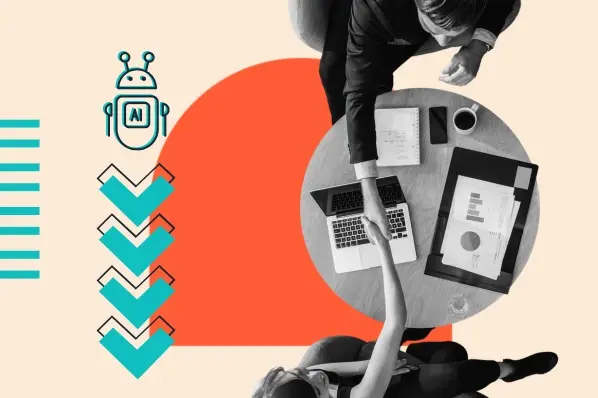In many creative industries, there’s a similar pattern.
When the stakes are very low, most creators produce things that are fairly banal and ordinary. Part of that is the law of large numbers, but it’s mostly our personal cultural resistance to leaning too far into weird stuff. And so the vast majority of YouTube videos, Spotify tracks, potluck dinner contributions and craft fair items are copycats.
When more time or money is required, we actually see the percentage of creative work go up. I think this might be because the effort and risk separates the vast sea of hobbyists from the committed creator. This is where we find the solo chef with a strip mall restaurant, the indy record label, the art school movie project or the avant-garde composer who hires a small group to perform. Netflix demonstrates this small-budget magic on a good day.
But then we enter the grey zone. This is where the rents for the big restaurant are high, the budget for the film is in the tens (or hundreds) of millions and the record label has decided to really push on a particular artist. This is the moment when more creativity is the only appropriate economic plan. Why? Because if your goal was to go straight down the middle, you didn’t need to risk all that money.
Instead, cultural, financial and corporate pressure all conspire to push the creator to do precisely the wrong thing. The dotted line is where we should be, but we often ride the boring road all the way down.
If you’re going to go big, don’t stay home.
The “money at risk” is always relative, not absolute. If it feels like you’re entering the grey zone, you are.



![How to Optimize for Google’s Featured Snippets [Updated for 2024]](https://moz.com/images/blog/Blog-OG-images/How-to-Optimize-for-Googles-Featured-Snippets-OG-Image.png?w=1200&h=630&q=82&auto=format&fit=crop&dm=1724004002&s=13df73104762982790dab6dc8328023f)


